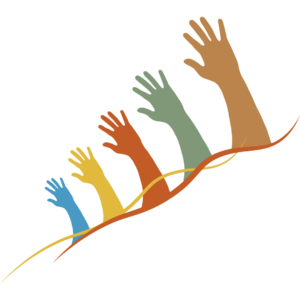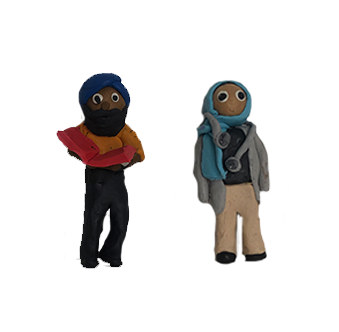Best practice for youth workers
Principles that guide our actions.
Youth Work Code of Ethics
YEP is committed to support youth workers to align their practice with the ethical framework of the Youth Work Code of Ethics. This ethical practice is defined by the following principles:
- Primary Client
- Context
- Promotes Equality
- Empowerment
- Duty of Care
- Preventing Corruption
- A Transparent Relationship
- Confidentiality
- Cooperation
- Knowledge
- Self-awareness
- Boundaries
- Self-care
- Integrity
Human Rights
Sexual Rights are Human Rights.
There is a growing consensus that sexual health cannot be achieved and maintained without respect for, and protection of, certain human rights. The working definition of sexual rights given below is a contribution to the continuing dialogue on human rights related to sexual health.
The fulfilment of sexual health is tied to the extent to which human rights are respected, protected and fulfilled. Sexual rights embrace certain human rights that are already recognised in international and regional human rights documents and other consensus documents and in national laws.
Rights critical to the realisation of sexual health include:
- the rights to equality and non-discrimination
- the right to be free from torture or to cruel, inhumane or degrading treatment or punishment
- the right to privacy
- the rights to the highest attainable standard of health (including sexual health) and social security
- the right to marry and to found a family and enter into marriage with the free and full consent of the intending spouses, and to equality in and at the dissolution of marriage
- the right to decide the number and spacing of one’s children
- the rights to information, as well as education
- the rights to freedom of opinion and expression, and
- the right to an effective remedy for violations of fundamental rights.
The responsible exercise of human rights requires that all persons respect the rights of others.
The application of existing human rights to sexuality and sexual health constitute sexual rights. Sexual rights protect all people’s rights to fulfil and express their sexuality and enjoy sexual health, with due regard for the rights of others and within a framework of protection against discrimination. (WHO, 2006a, updated 2010)
Harm Minimisation
YEP advocates for a harm minimisation approach to delivering sexual health education and support. Harm minimisation is an approach that was originally created in response to AoD issues when abstinence from certain substances was not possible. This approach has been applied to sexual health acknowledging abstinence from sexual activity is not always the most appropriate message. The core of this approach is an acknowledgement that certain behaviours are going to occur and mitigating the harm associated is better than trying to stop the behaviour entirely. Harm minimisation is realistic – many young people are going to have sex and explore online and in real life. Its humanistic – it respects their decisions and reflects the Youth Work Code of Ethics. It is a sex positive approach. Furthermore when we are are balancing costs and benefits, the approach is cost effective – working in prevention and education rather than waiting for a time where treatment and long-term support are required.
Peer-lead
What is peer education?
Peer education is an approach to health promotion where community members are supported to promote health-enhancing change among their peers. Peer education is the teaching or sharing of health information, values, and behaviour in educating others who may share similar social backgrounds or life experiences.
Who are YEP’s Peer Educators?
The YEP Crew/Project Support Officers – Youth Peers
The YEP Senior Educator & Coordinator – Youth Worker Peers
What peer education is not.
Whilst peer educators are trained in information relevant to their populations and utilise emerging evidence and best practice methodologies – they do not provide medical or case-specific advice. If you have detailed medical queries or case specific questions you need to contact a medical professional. We recommend the info line at our partners at WAAC and our friends at SHQ.
YEP also creates content for youth workers and professionals working with young people who are keen to upskill themselves in sexual health. With over a decade of experience working within the youth sector, outside of our trainings, we also provide resources and consultation services for youth organisations as needed.
Want more info?
We have created a suite of resources to support you improve the sexual health outcomes of your young people below.


